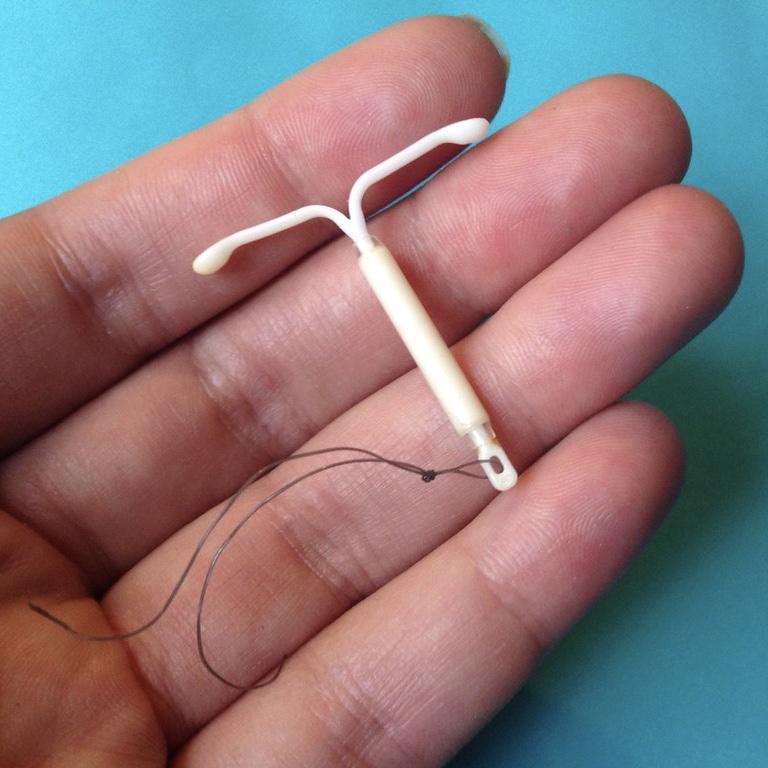In the 1960s and 70s, the Danish government forced IUDs on Greenlandic women and girls against their will and they are now speaking out. This has highlighted more recent legislation in the Netherlands which effectively forced contraception on vulnerable women.
Since the Compulsory Mental Health Act (Wvggz) in 2020, Dutch courts have ordered at least six women with psychiatric illness to receive mandatory contraception. All the women involved would not be able to care for a child, so much so, that if they became pregnant the state would take the baby into custody following birth for its safety.
In October of 2020, the Standing Committee on Compulsory Contraception called for contraceptive shots or IUDs for women deemed “unfit” to raise children (due to addiction, mental disabilities, mental health, etc.) While the The European Court of Human Rights (ECtHR) holds that forced sterilization violates human rights, they say nothing of temporary contraception. The contraceptive methods recommended by the Standing Committee are long-term but technically temporary measures, which they say are only compulsory until a woman is considered fit to raise children.
Legal advocates for children support the measure believing that it prevents child neglect and abuse. While this is a highly controversial topic in the Netherlands, public health officials have been encouraging men and women with mental illness to use contraceptives since 2014. As of 2021, 70 percent of women with mental illness were voluntarily taking contraception but advocates of compulsory contraception measures, like former juvenile judge Cees de Groot, believe that for the other 30 percent, “more encouragement is necessary.”
In 2022, as one of the women who were court ordered to use contraception appealed the ruling, the Advocate General, Myriam Lückers, (whose recommendations are usually adopted by Netherlands’ Supreme Court) declared that “the law offers no scope to force someone to use contraception in this way and thus avert dangers for a possible child.” Rather, only a situation in which pregnancy would be dangerous for the woman herself could a case for forced contraception be made. Furthermore, she criticized the focus on female contraception was sexist, leading to legal inequalities, as there are methods for male contraception.
Sources:
Rühle, Alex. 5 March 2024. (translated) “Forced Contraception.” Süddeutsche Zeitung.
de Graaf, Peter. 1 Oct 2021. “Kwetsbare vrouwen krijgen via de rechter verplichte anticonceptie: ‘een sensationele doorbraak’.” de Volkskrant. Title translation: “Vulnerable women receive mandatory contraception through the courts: ‘a sensational breakthrough’.”
Netherlands’s legislation on forced sterilisation. European Disability Forum
2 Oct 2021. “Dutch courts forced six women to take mandatory birth control measures.” NL Times.
2 Oct 2021. “Courts order six vulnerable women to be given contraception.” Dutch News.
3 Sept 2022 “New Dutch law cannot include forced contraception: Advocate General.” NL Times.

